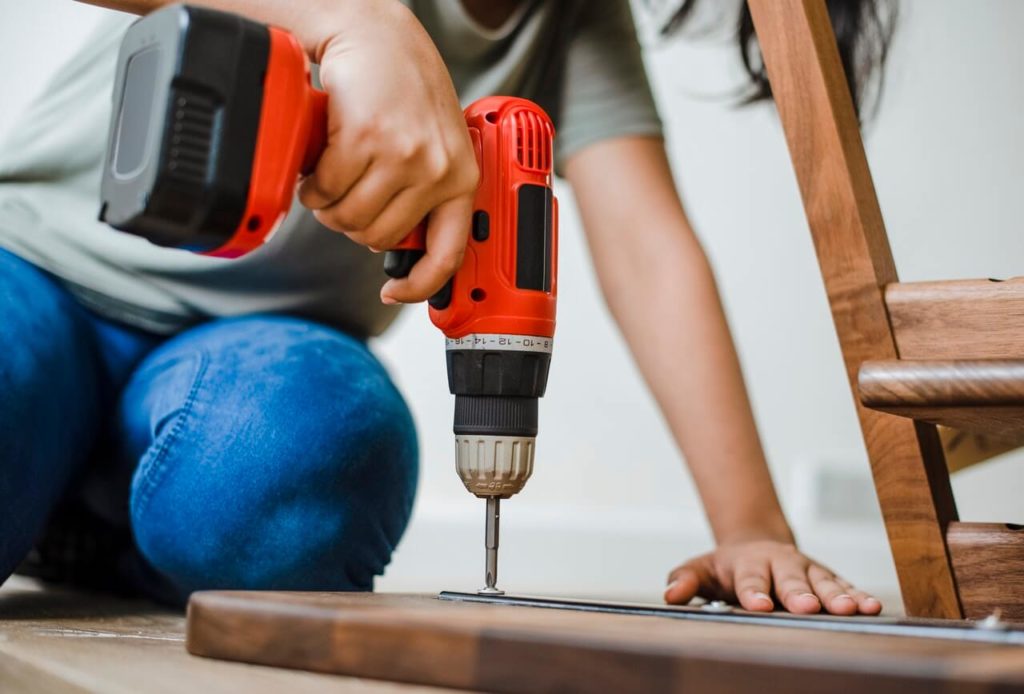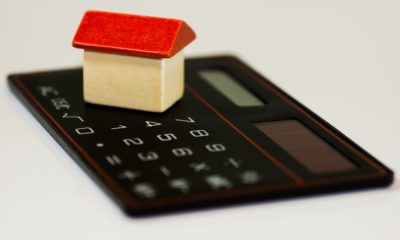Business
Should you buy the worst home in the best neighborhood?
If you’re a homebuyer with limited funds, it doesn’t necessarily mean that the worst home in a good neighborhood is the best choice for you.

“Buy the worst house in the best neighborhood” is sage advice from random real estate experts, and it sounds like a grand idea. The close commute to work, excellent schools, low crime, local amenities, and accessible public services make this neighborhood an excellent choice. There’s only one home left, and while it’s seen better days, is it worth considering?
The benefits
On one hand, the worst home in the best neighborhood is worth consideration. Fewer buyers will bid for the home because the majority views the home as trash rather than treasure. The home’s value increases because the surrounding homes’ values increase. It will increase faster after the homeowner completes home repairs. Continued maintenance will ensure the home remains valuable. It’s a bargain find. Additionally, buying the worst home on the block is a logical strategy to enter an affluent suburb and/or a peaceful neighborhood without spending loads of cash.
The drawbacks
Conversely, there’s a reason this home is the neighborhood’s worst. Perceptive buyers will investigate why. The primary reason is as-is fixer-uppers. Those homes contain major problems requiring additional funds beyond asking price to salvage its appearance and livability. Reality shows glamorize fixer-uppers but don’t underestimate the work. Without preparation, organization, and a qualified repair company, a fixer-upper is a trainwreck waiting to happen.
Attaching as-is to the equation means buyers must accept the home in its current condition without repairs. As far as increasing home value, it only matches the neighborhood’s inflation when all repairs are complete. The home’s value without repairs inches slowly without it. Secondary reasons for a home’s poor reputation include murder in the home, a drug raid, and asbestos/lead material.
In addition, don’t expect to recoup repairs in the home selling process. If sellers’ asking price is too high, it turns off potential buyers. More than likely, the home will sell at a loss. It will prove difficult to recoup all the financial costs poured into home repairs and earn a profit too. Something has to give.

Do not expect to recoup repairs in the home-selling process. (Source)
First solution: Research
Buyers won’t know the answers unless the buyers research the home’s history. Read and understand the home’s listing. Take photographs and record the home’s interior and exterior in person. Go to the police station for the home’s crime history, including drug raids and murders. Do a home inspection to learn about cosmetic and upcoming repairs needed. Talk to a contractor and get a rough estimate for those repairs. Last, hire an asbestos/lead inspector. If it has lead, asbestos, or any other harmful chemical on the property, a contractor must remove it without polluting the air. Don’t expect the seller or the seller’s agent to mention faults as their goal is to sell the home.
If the home is worthwhile, the goal is to spend less on repairs while meeting city, state, and industry requirements. This is where the research above comes in handy. Plan a budget for repairs and use this as a guide to homes where the repair costs aren’t horrible.
When it comes to selling the home, don’t think about the finances spent on making the home livable. Remove emotional investment and greed out of the equation. Go by current neighborhood market value and final selling prices to get a price range. Compete by pricing lower than the low end of the price range yet not price too low that it concerns buyers. An agent can assist with reasonable pricing.
Second solution: Be selective
An affluent suburb treats the worst home worse than a standard neighborhood would because of the area’s higher standards. A buyer’s mindset in searching for homes in these neighborhoods is not to search for affordable homes. The expectation in these neighborhoods is to score a move-in ready fancy home with the most up-to-date features. Therefore, the worst home in an affluent neighborhood is more ‘buyers beware’ and less ‘must-have find.’
The findings in this article, along with endless websites, suggest not buying the worst house in the best neighborhood; the drawbacks are greater than the benefits. However, if the drawbacks aren’t a deal breaker, proceed with caution with the solutions listed.
—
DISCLAIMER: This article expresses my own ideas and opinions. Any information I have shared are from sources that I believe to be reliable and accurate. I did not receive any financial compensation for writing this post, nor do I own any shares in any company I’ve mentioned. I encourage any reader to do their own diligent research first before making any investment decisions.

-

 Impact Investing1 week ago
Impact Investing1 week agoCDP Approves €1.5 Billion Package to Boost Industry, Renewables, and International Development
-

 Impact Investing3 days ago
Impact Investing3 days agoThe Sustainability Revolution: Driving a Net-Zero, Nature-Positive Economy
-

 Biotech2 weeks ago
Biotech2 weeks agoNew Molecular Clues Explain Aggressive Neuroblastoma and Point to Targeted Treatments
-

 Business19 hours ago
Business19 hours agoTopRanked.io Weekly Affiliate Digest: What’s Hot in Affiliate Marketing [EKSA Affiliate Program Review]

























You must be logged in to post a comment Login